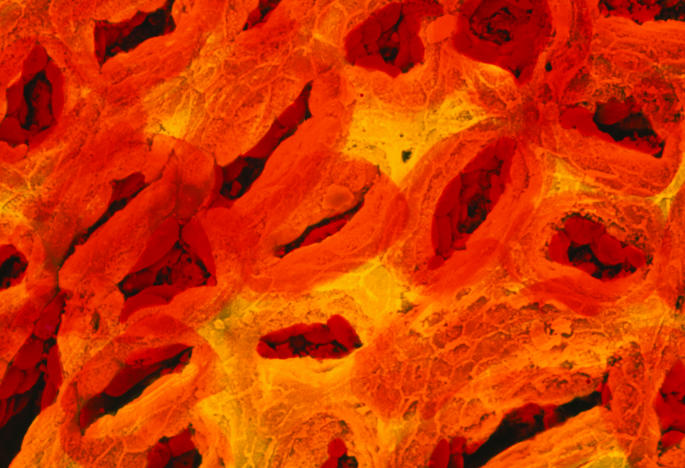Editor—I dispute the recommendation of Lapsia and Maguire in Minerva that “patients fed via a nasogastric tube should take a gastric protecting agent” on the basis of their finding of chemical burns in a patient who vomited after nasogastric feeding on a neurological ward.1

CINTI/CNRI/SCIENCE PHOTO LIBRARY
Anyone without achlorhydria secretes hydrogen ions from gastric mucosa whether fed orally, by a nasogastric tube, or parenterally. Thus during vomiting, acid is likely to come into contact with the skin. If we follow the authors' advice anyone capable of vomiting acid would be prescribed a gastric protecting agent.
The authors note that nurses reported that the patient in their case had vomited previously and that during the morning ward round “there was evidence of fresh vomit on her sheets.” This implies that she had been in contact with her vomit for some time.
I suggest that a more logical conclusion for the authors to have drawn is that patients should not be allowed to lie in their own vomit.
References
- 1.Lapsia S, Maguire S. Minerva. BMJ. 2002;324:1404. . (8 June.) [Google Scholar]


